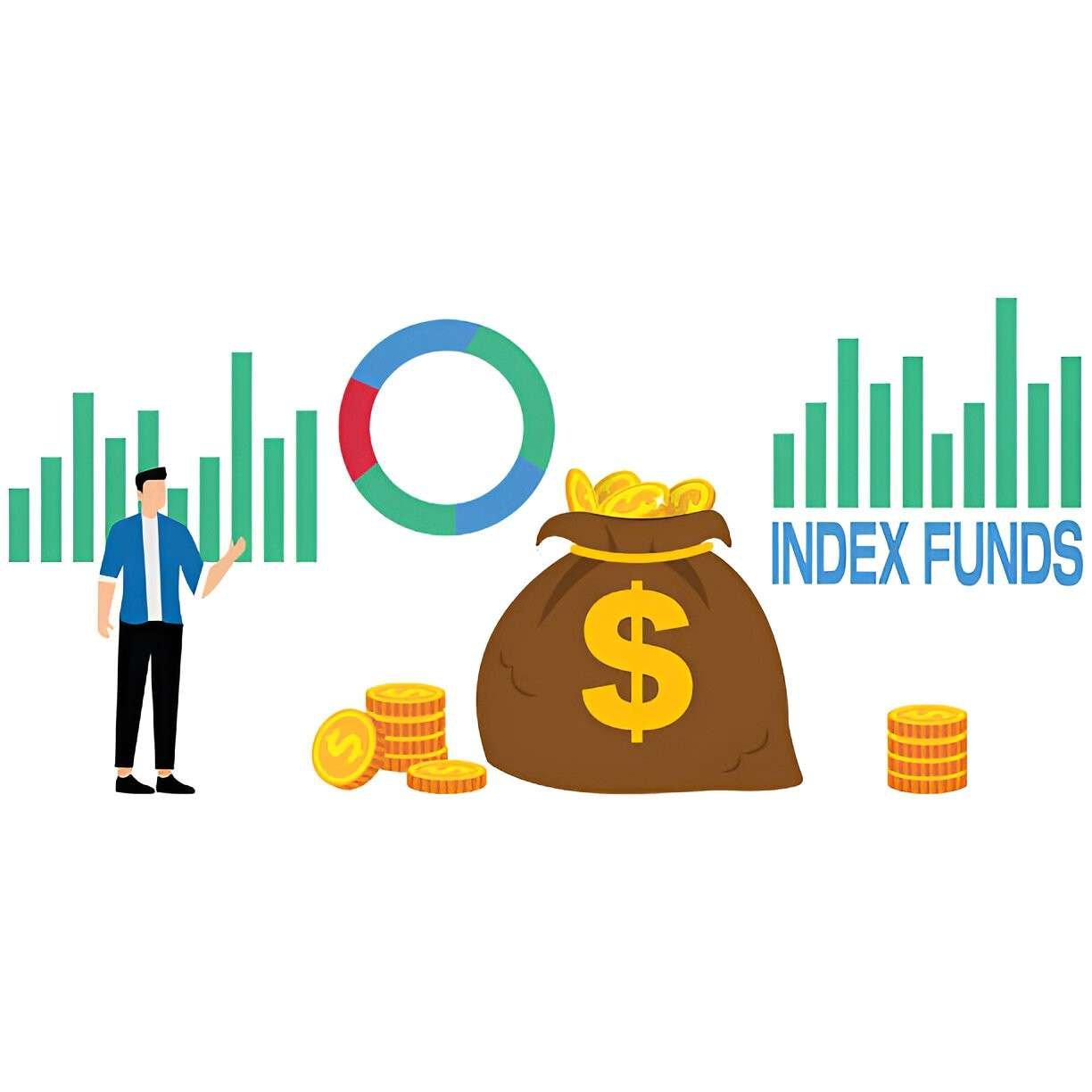As a finance expert, I often get asked whether index mutual funds make sense for long-term investors. The answer isn’t straightforward—while they offer compelling advantages, they also come with trade-offs. In this article, I break down the key benefits and drawbacks of investing in index mutual funds, using real-world examples, mathematical analysis, and comparisons to help you make an informed decision.
Table of Contents
What Are Index Mutual Funds?
Index mutual funds are a type of passively managed investment vehicle designed to track a specific market index, such as the S&P 500 or the Russell 2000. Unlike actively managed funds, where portfolio managers pick stocks, index funds aim to replicate the performance of their benchmark.
Key Characteristics:
- Passive Management – No active stock picking; follows a predefined index.
- Lower Fees – Expense ratios are typically much lower than active funds.
- Broad Diversification – Provides exposure to a wide range of securities.
Advantages of Index Mutual Funds
1. Lower Costs
One of the biggest advantages of index mutual funds is their cost efficiency. Since they don’t require active management, their expense ratios are significantly lower.
Example:
- The average expense ratio for an actively managed U.S. equity mutual fund is around 0.67%, while the average index mutual fund charges 0.06% (Source: Investment Company Institute, 2023).
Mathematical Impact of Fees:
Over time, even small differences in fees compound dramatically. Using the future value formula:
Where:
- FV = Future Value
- PV = Present Value
- r = Annual Return
- f = Annual Fee
- n = Number of Years
If you invest $100,000 for 30 years with an annual return of 7%:
- Active Fund (0.67% fee): FV = 100,000 \times (1 + 0.07 - 0.0067)^{30} = \$669,000
- Index Fund (0.06% fee): FV = 100,000 \times (1 + 0.07 - 0.0006)^{30} = \$761,000
Difference: $92,000 lost to fees.
2. Consistent Market-Matching Returns
Most actively managed funds underperform their benchmarks. According to SPIVA (S&P Indices vs. Active), 88% of U.S. large-cap funds underperformed the S&P 500 over 15 years (2022 report). Index funds guarantee market-matching returns minus fees.
3. Tax Efficiency
Index funds have lower portfolio turnover, leading to fewer capital gains distributions. This makes them more tax-efficient than actively traded funds.
4. Diversification
By tracking an index, these funds provide instant diversification, reducing unsystematic risk. For example, an S&P 500 index fund gives exposure to 500 large-cap U.S. companies across sectors.
Disadvantages of Index Mutual Funds
1. No Chance to Outperform the Market
Since index funds replicate an index, they will never beat it. If you seek alpha (excess returns), index funds won’t deliver.
2. Limited Downside Protection
During market crashes, index funds fall just as much as the market. Active managers sometimes hedge risk, but index funds are fully exposed.
Example:
In the 2008 financial crisis, the S&P 500 dropped ~37%. An S&P 500 index fund would have mirrored this decline.
3. Overexposure to Overvalued Stocks
Market-cap-weighted indexes (like the S&P 500) allocate more to the largest companies. If a stock becomes overvalued, index funds keep buying more of it.
Example:
During the dot-com bubble, tech stocks like Cisco and Intel were heavily weighted in the S&P 500. Index investors suffered when the bubble burst.
4. No Flexibility in Stock Selection
If you dislike certain companies (e.g., tobacco or fossil fuels), you can’t exclude them from an index fund. ESG (Environmental, Social, Governance) index funds exist but still follow rigid rules.
Index Funds vs. ETFs: Key Differences
| Feature | Index Mutual Funds | Index ETFs |
|---|---|---|
| Trading | Priced once daily | Trade like stocks |
| Minimum Investment | Often $1,000+ | As low as 1 share |
| Tax Efficiency | Less efficient (capital gains distributions) | More efficient (in-kind redemptions) |
| Expense Ratios | Slightly higher | Often lower |
When Do Index Mutual Funds Make Sense?
- Long-term investors who want a hands-off approach.
- Cost-conscious investors who prioritize low fees.
- Retirement accounts (401(k), IRA) where tax efficiency matters less.
When Should You Avoid Them?
- If you want active downside protection.
- If you seek high-growth opportunities (e.g., small-cap or emerging markets where active managers may add value).
- If you prefer customization (e.g., excluding certain sectors).
Final Verdict
Index mutual funds are a powerful tool for passive investors, offering low-cost, diversified exposure to the market. However, they come with trade-offs—no outperformance, full market risk, and inflexibility. Whether they’re right for you depends on your financial goals, risk tolerance, and investment philosophy.





